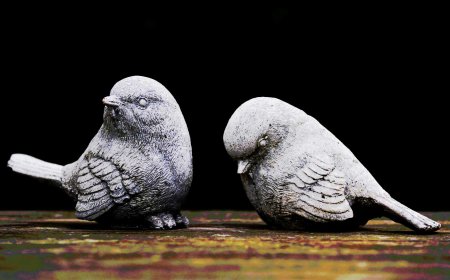Why is Holy Week Celebrated in the Philippines?
Holy Week, or Semana Santa, is one of the most important religious observances in the Philippines, reflecting the country’s strong Catholic faith. Spanning seven days—from Palm Sunday to Easter Sunday—it is a solemn time for reflection, devotion, and community rituals that commemorate the passion, death, and resurrection of Jesus Christ.
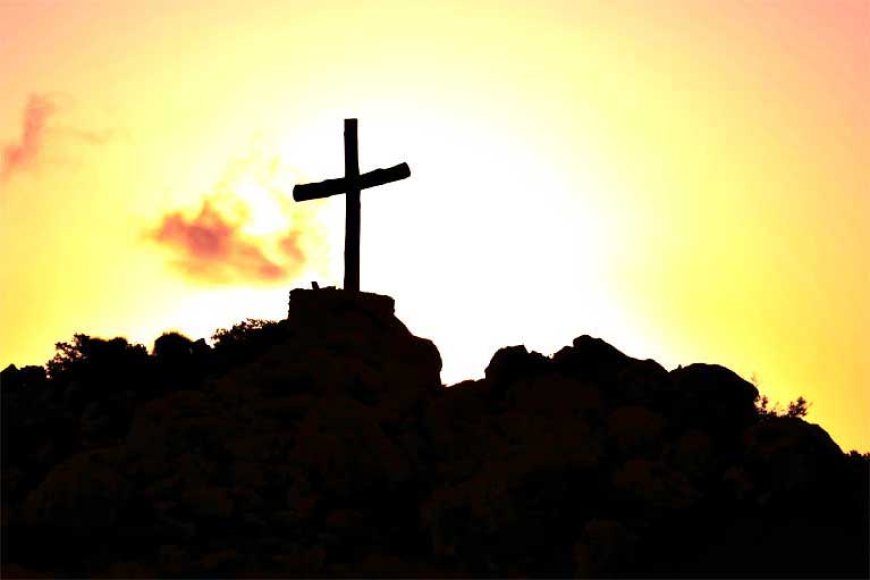
A Nation Built on Faith
The Philippines is known for being the largest predominantly Catholic country in Asia, a legacy of over 300 years of Spanish colonization. Religion plays a central role in Filipino life, and this is especially evident during Holy Week, or Semana Santa, which commemorates the suffering, death, and resurrection of Jesus Christ.
Holy Week is more than just a religious event—it is a cultural phenomenon. From processions to fasting, and televised church services to family traditions, every part of Filipino society takes part in this week-long observance.
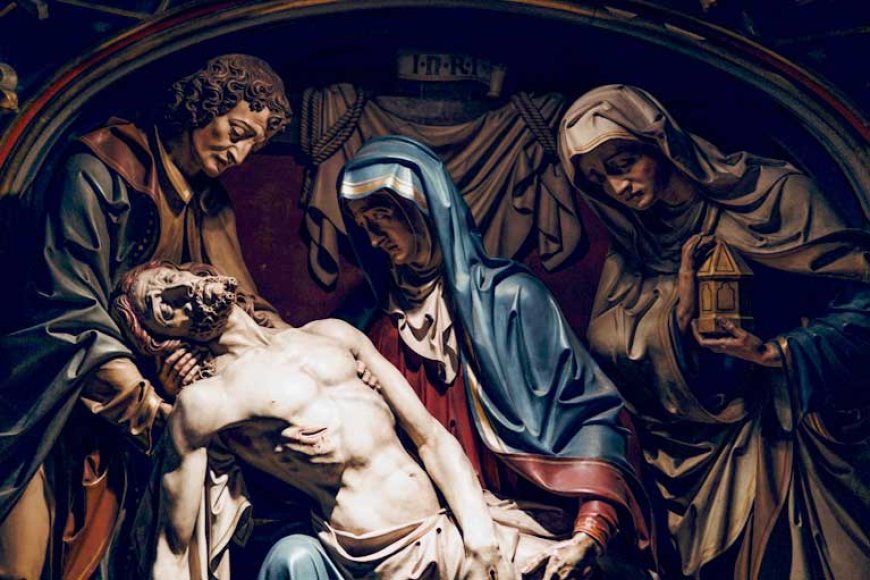
The Significance of Holy Week to Filipinos
Holy Week represents a time of solemnity, self-reflection, and repentance for Filipinos. It’s an opportunity for people to strengthen their faith, revisit their values, and reflect on life’s deeper meanings. Many take a break from work or school, and even businesses reduce hours or close entirely on key days.
The celebration is both personal and communal, often involving prayer, fasting, confession, and religious pilgrimages. In some provinces, reenactments of Christ’s Passion are held, drawing crowds from around the country and the world.
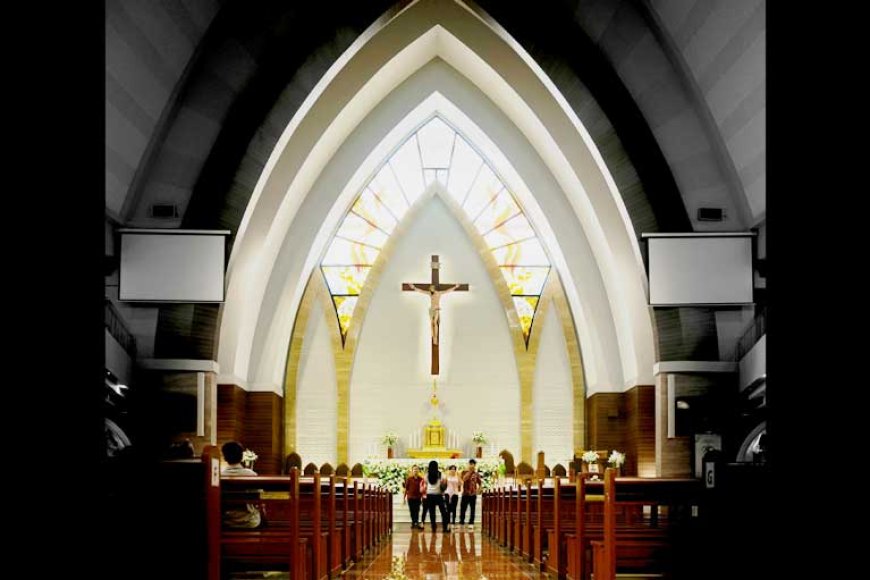
The 7 Days of Holy Week in the Philippines
1. Palm Sunday (Linggo ng Palaspas)
This day marks Jesus Christ’s triumphant entry into Jerusalem. Churchgoers bring woven palm fronds (palaspas) to be blessed by priests during Mass. These are often displayed in homes for the rest of the year as a form of protection.
2. Holy Monday and Holy Tuesday
These days are generally quieter but still solemn. Many Filipinos begin Visita Iglesia, the tradition of visiting seven different churches to pray and reflect on the Stations of the Cross.
3. Holy Wednesday (Spy Wednesday)
This day recalls Judas Iscariot’s betrayal of Jesus. In many towns, preparations for the Paschal Triduum (the three-day period from Maundy Thursday to Easter) begin. Some parishes hold processions featuring statues of saints and biblical characters.
4. Maundy Thursday (Huwebes Santo)
This marks the Last Supper of Jesus with His disciples. Churches hold the Washing of the Feet ceremony and the Mass of the Lord’s Supper. After Mass, the Altar of Repose is set up for vigil prayers. Many Filipinos continue Visita Iglesia on this day.
5. Good Friday (Biyernes Santo)
This is the most solemn day of Holy Week, commemorating Christ’s crucifixion and death.
- Santo Entierro: The image of the dead Christ is paraded in a coffin, often accompanied by the Virgin Mary and other saints. This funeral-like procession is a powerful and emotional experience.
- Popular Culture: In provinces like Pampanga, some devotees engage in self-flagellation or even voluntary crucifixions as extreme acts of penance. These controversial yet deeply rooted traditions attract both devotion and tourism.
6. Black Saturday (Sabado de Gloria)
A day of silence and waiting. Churches are bare, and no Masses are celebrated until the Easter Vigil at night. Families spend time in quiet reflection, with some preparing for the joyous celebration of Easter.
7. Easter Sunday (Linggo ng Pagkabuhay)
The sorrow of Good Friday is replaced with joy and celebration. The early morning Salubong reenacts the meeting of the Risen Christ and the Virgin Mary, symbolizing the end of mourning. Festivities follow, with family gatherings, food, and Masses celebrating the resurrection of Jesus.
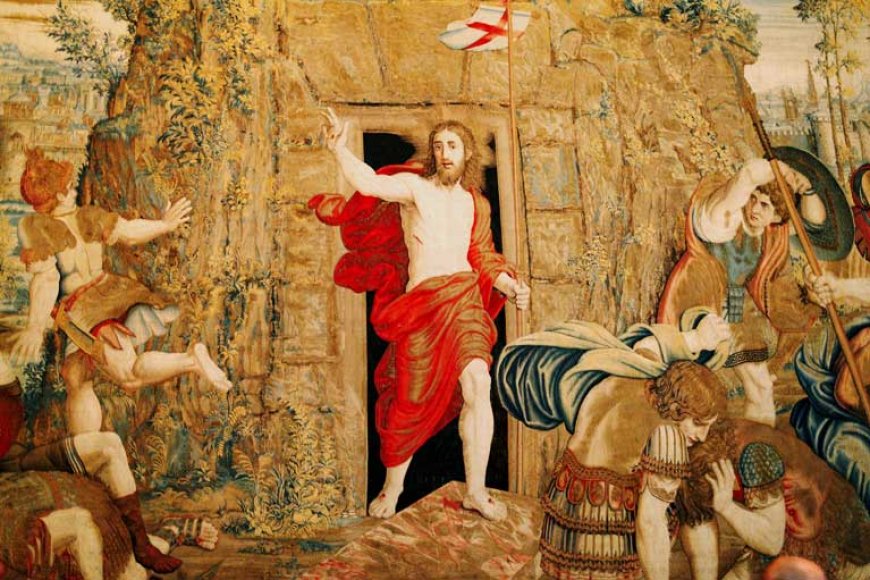
Filipino Traditions that Stand Out
- Visita Iglesia: A widespread tradition of visiting seven (or fourteen) churches to reflect on Christ’s suffering.
- Pabasa: A continuous chanting of the Passion of Christ (Pasyon) done day and night, usually under makeshift tents.
- Senakulo: Street plays reenacting Jesus’ life and crucifixion, often staged by community theater groups.
- Fasting and Abstinence: Many Filipinos refrain from eating meat and engage in fasting, particularly on Good Friday.
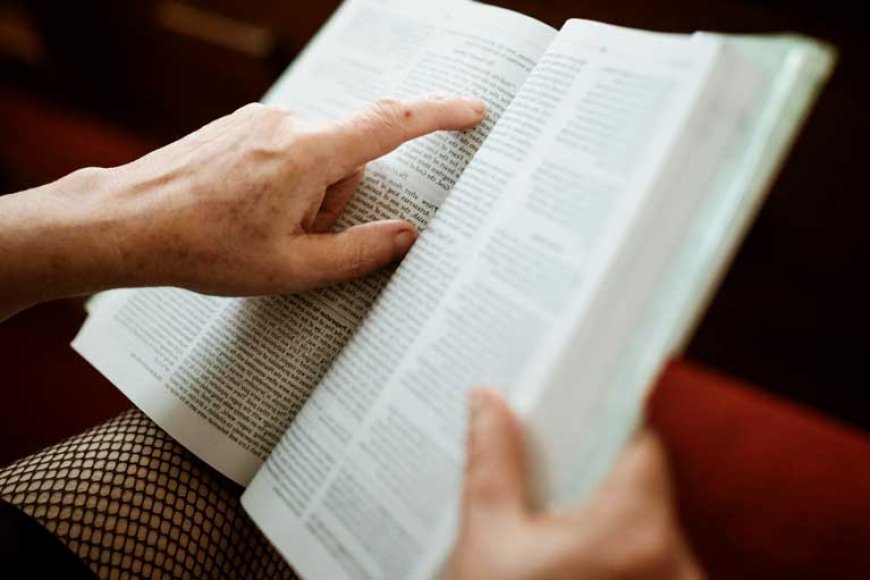
Holy Week in Modern Times
While Holy Week remains a religious event, modern practices have started to evolve. Some Filipinos use the long break to travel or rest, leading to a mixture of spiritual observance and leisure. Despite this, the core essence remains intact, especially in rural provinces where tradition is kept alive with fervor.
Online platforms have also changed the way people participate, with livestreamed Masses and digital Visita Iglesia experiences gaining popularity, especially since the COVID-19 pandemic.
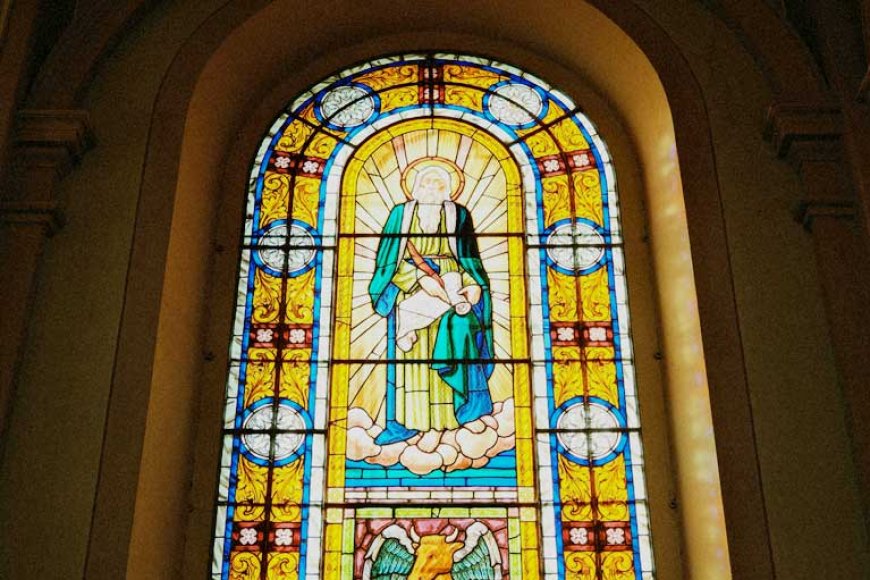
The Cultural and Spiritual Impact
Holy Week is more than just a religious observance; it reflects the collective soul of the Filipino people. It’s a unique blend of spirituality, community, art, and emotion. Whether through quiet prayers, dramatic processions, or shared meals, Filipinos find unity and purpose during this sacred time.
It is a season that binds generations together and connects Filipinos across the globe with their roots, beliefs, and sense of identity.
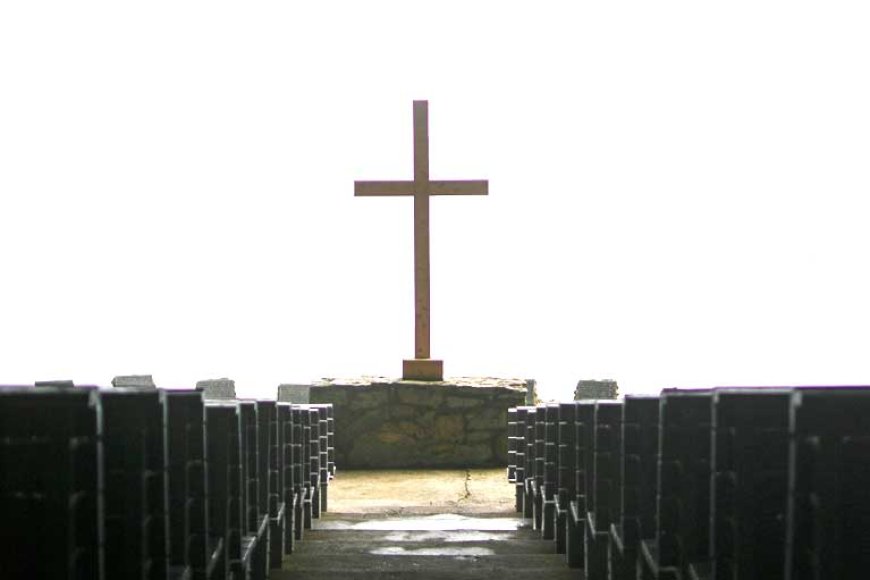
A Sacred Journey of Faith, Tradition, and Filipino Devotion
Holy Week in the Philippines is a deeply immersive experience—a tapestry of faith, tradition, and culture woven through generations. Its significance goes beyond religion; it is a reflection of the nation’s enduring spirituality and its people's capacity for devotion, sacrifice, and hope. Whether you're a devout Catholic or a curious observer, witnessing Holy Week in the Philippines is a profound journey into the heart of the Filipino soul.
Nipino.com is committed to providing you with accurate and genuine content. Let us know your opinion by clicking HERE.


















































